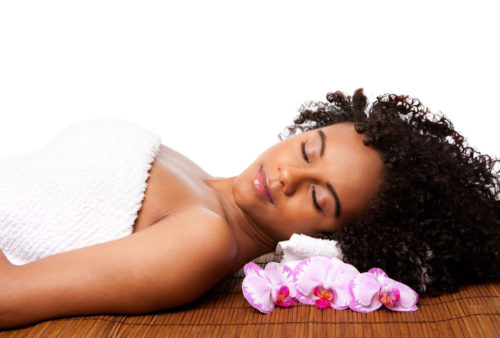All of Scandinavia has doubled their sex toys sales. New Zealand has allowed adult toy stores to operate during the shutdown, deeming them an essential service. And here in the States, sex toys are flying off the internet shelves.
This was the case with Mr. Duckie and Dolphamine, two new vibrator models launched by Tracy’s Dog, a sex toy shop that bills itself as “reinventing sexual wellness for the modern woman.” During the height of stay-at-home coronavirus restrictions, sales of one of the new models recently topped those on Valentine’s Day, usually the company’s most lucrative day.
Tracy’s Dog surveyed their customers to find out how quarantine and anxiety are playing a part in this self-pleasure bonanza.
“During uncertain times, when you don’t know what do to, or what will happen next, our body starts producing cortisol,” said psychologist, Michelle Wang. “The stress hormone will help the body prepare for sudden changes and helps face the unknown, so our bodies can react quickly to danger.
“This is a very demanding process psychologically. Unfortunately, stress also inhibits prefrontal cortical cognitive function, which is harmful for our problem-solving skills. All the energy is directed toward the ability to survive. All the while, all our body needs is quite the opposite: It needs to relax and be in the present moment.”
Survey participants’ responses echoed Wang’s comments:
- stay awake until 2-3 a.m., in a state of wakefulness, without a sense of time or ever getting tired
- feeling of losing meaning
- not having a purpose, and with all structure and routine gone, the anxiety levels are shooting through the roof.
Wang said this is more often recognized as the state of “captivity of negativity.” To fight it, some resort to meditation, yet they’d have to be quite versed in the practice to be able to benefit from it. Even people in relationships who are quarantined with a partner are feeling anxious. Many with children say they don’t have the needed space or time for intimacy.
How then to flush the cortisol out of their body? Exercise can help, according to Wang, but so can anything that stimulates the parasympathetic nervous system: deep abdominal breaths, laughing, singing, humming—and self-pleasure.
It turns out that masturbation calms anxiety, said sex therapist Rebecca Starkovski. It’s well known that an orgasm can override physical pain (or, at least, make it bearable), so it stands to reason that it can ease stress.
Nearly 50 percent of the respondents said their level of calm increased after self-pleasure sessions. In fact, they said self-pleasure topped meditation, adult coloring books, cooking and a relaxing bath when it came to easing anxiety, .
“Masturbation causes hormonal changes in the body, and the release of dopamine produces a feeling of calmness, pleasure and happiness,” Starkovski said. “Masturbation relieves stress and can serve as a coping mechanism, as well as helping to de-stress, which, as a result, supports the immune system and leads to better sleep, less stress and overall improved well-being.”
The New York Department of Health disseminated COVID-19 intimate relations instructions that stated, “You are your safest sex partner. Masturbation will not spread COVID-19.” The fact sheet also provided good hygiene tips: “Wash your hands (and any sex toys) with soap and water for at least 20 seconds before and after use.”
Who are we to disagree with the officials?






